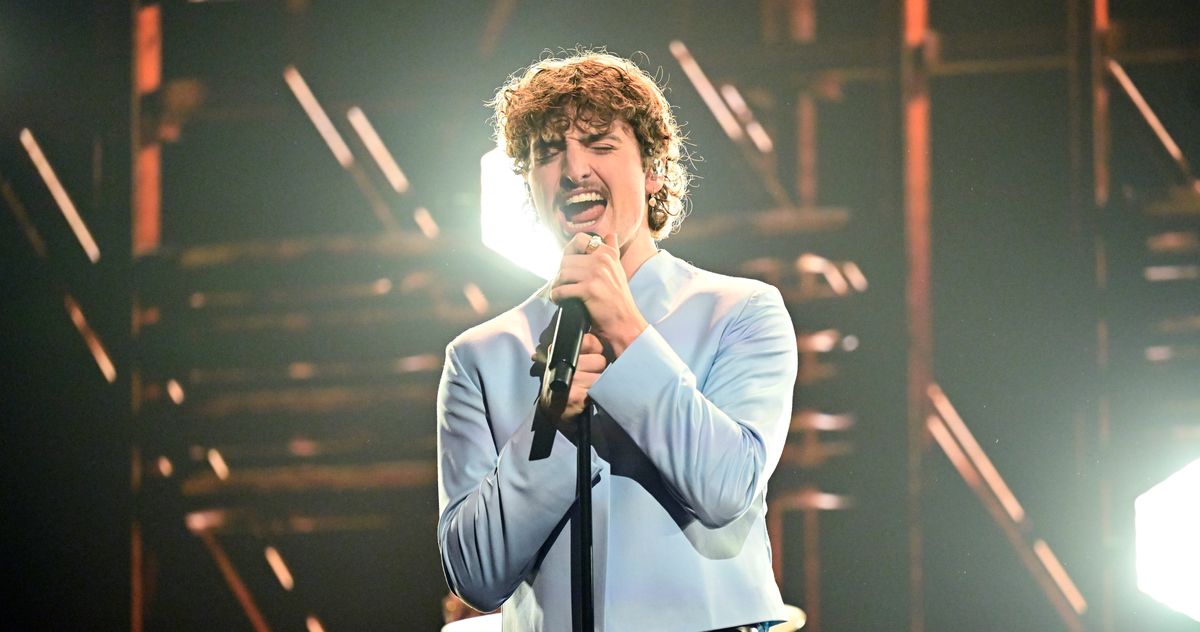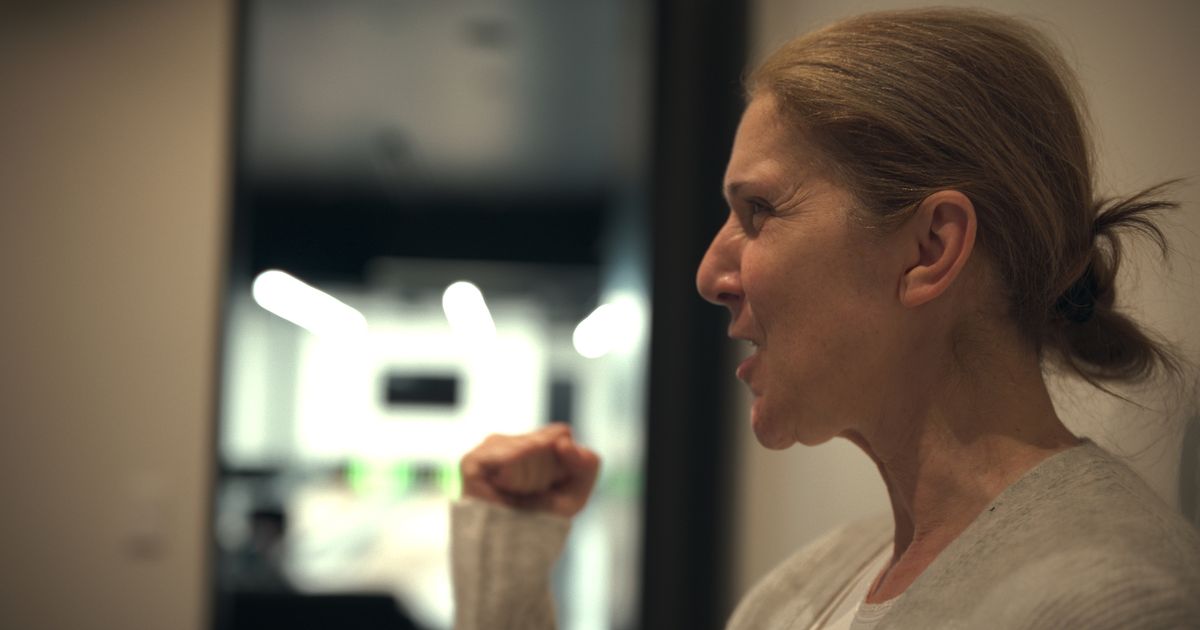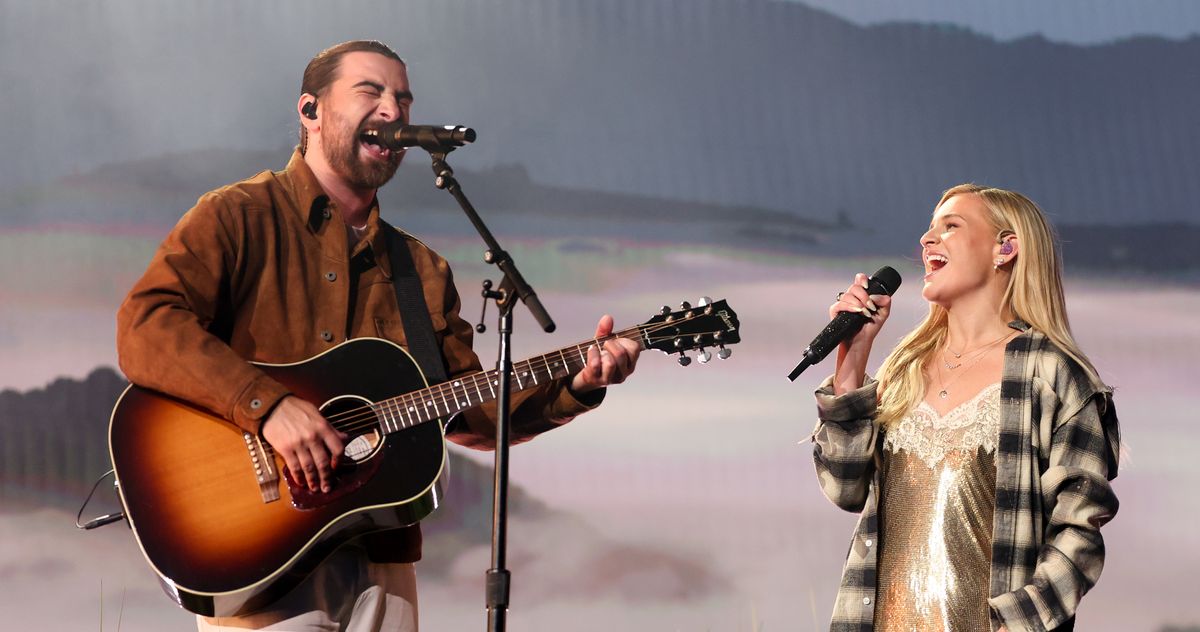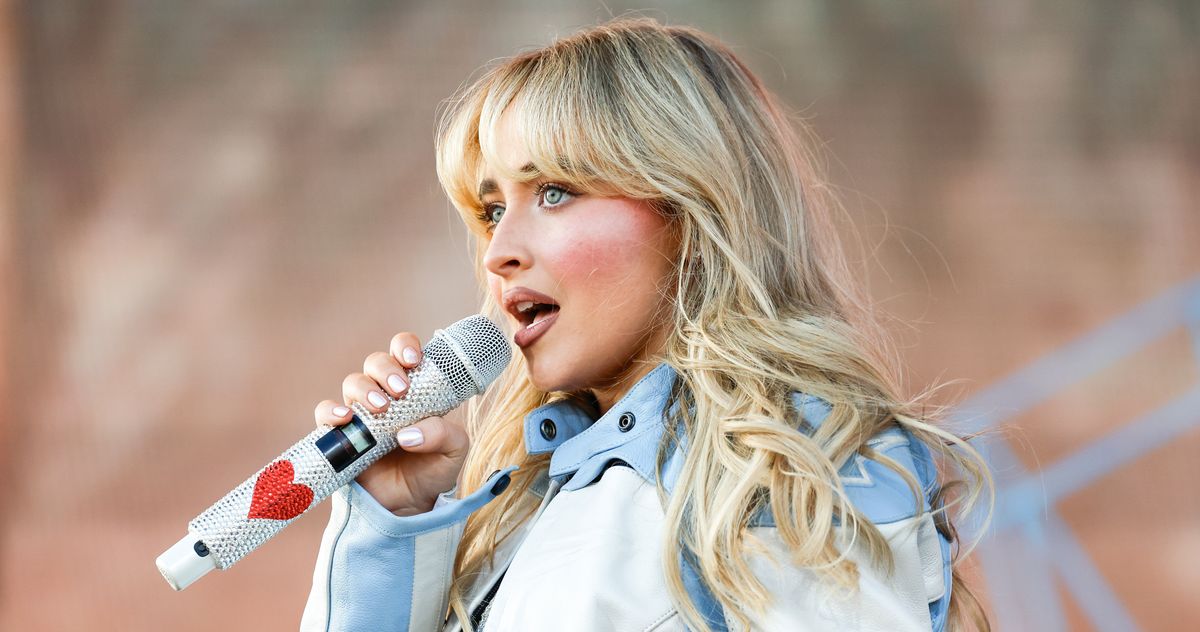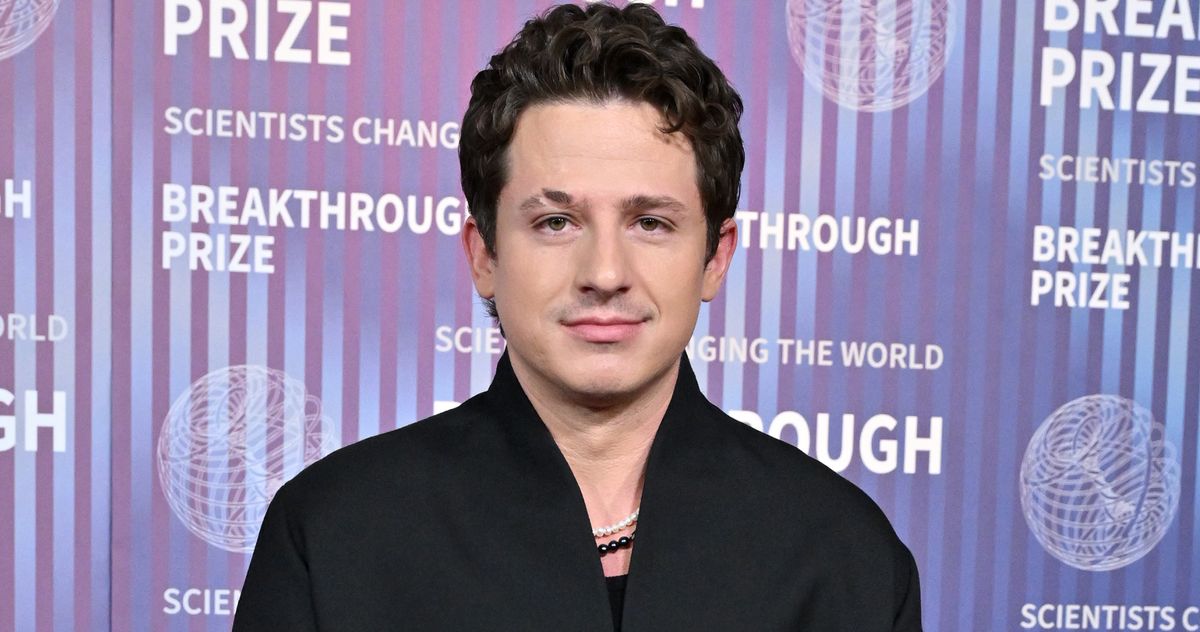Photo: Todd Owyoung/NBC via Getty Image
“Cry,” a fan-favorite off Benson Boone’s debut album, Fireworks & Rollerblades, begins as a ballad, with Boone murmuring sensitive lyrics over a meticulously plucked guitar. But a few lines in, he pivots. “Nah, nah, nah, that doesn’t feel right,” he says, cutting off the song. Then a drum beat arrives, the tempo picks up, and Boone’s voice jumps to a hair-metal-esque falsetto. In a matter of seconds, “Cry” has become an angry, edgy pop-rock song.
Boone could’ve sung either version. The 21-year-old rising star can slyly maneuver through almost any sound in today’s pop landscape, overstuffing his songs with a buffet of mainstream styles. Take his breakout hit “Beautiful Things,” which has spent much of spring soundtracking TikToks and sitting in the upper tier of the Hot 100, where it peaked at No. 2. It opens as a confessional pop-folk song in the vein of Noah Kahan or Zach Bryan, before morphing into a rough-edged anthem inspired by his mentor, Dan Reynolds of Imagine Dragons, with flashes of Harry Styles’s neo-classic rock. Almost anything a pop listener could want to hear comes somewhere across its three-minute run time. It’s not a recipe for changing pop music, but it is one for sticking around. Taylor Swift, a fellow maximalist, has even recognized his success, tapping Boone to open her London show on June 23 (after he already performed with Lana Del Rey during her Hangout Festival set).
When “Beautiful Things” began to rise earlier this spring, Boone was standing in the shadow of Kahan, whose raw folk songs with festival-ready pop hooks had just earned him a Grammy nomination. But Boone doesn’t fit neatly into that comparison. For the first year of his career, he found more success as a pop balladeer like Lewis Capaldi. Boone had auditioned for the 2021 season of American Idol with the vaguely emotional piano ballad “Punchline,” by Aidan Martin. After Boone declined a spot in the top 24, he released his own vaguely emotional piano ballad, “Ghost Town.” That song showed his possible multi-quadrant appeal, traveling from TikTok to adult-contemporary radio and just barely cracking the Hot 100. Audiences didn’t bite on his ’80s-ish followup “Room for 2,” but his next song behind the piano, “In the Stars” — a tribute to his late great grandmother — bested “Ghost Town” on the charts.
But Boone hadn’t set out to make ballads. He started singing in the first place because of Jon Bellion, known for his signature brand of frenetic, hooky stadium-pop. After “Stars,” Boone tried to emulate it on a handful of singles before finally getting the blend right with “Beautiful Things.” That song allowed Boone to play both the soul-baring singer and the cool rock star, proving he could croon at one moment and snarl in the next. (Timing also helped — “Beautiful Things” broke out as Universal Music Group had left TikTok in a drought, opening a lane for savvy artists on other labels like Boone, under Warner Music. The song has now soundtracked nearly 3.5 million videos.) It’s an approach he takes across Fireworks & Rollerblades, which follows in the footsteps of Olivia Rodrigo by finding space for both the slower heart-wrenchers and brasher pop songs. On Boone’s next hit-in-waiting, “Slow It Down,” he captures the same youthful desperation of songs like “drivers license” before blowing things up into a theatrical, Bellion-esque song.
It takes a set of pipes to cover that sort of ground. The most impressive thing about Fireworks is Boone’s raw vocal talent — his voice is more powerful and pleasant than many charming teen-pop stars before him. But it would be nice to hear him commit to one kind of song for more than a few minutes. Compelling ideas appear on Fireworks & Rollerblades, but instead of Boone teasing them further, he prefers to pull the rug out.
That’s precisely what made “Beautiful Things” a hit, of course, and stands to keep Boone around at least through next year’s Grammys as an early Best New Artist front runner. But the risk of Boone’s music is that pop moves quickly. If he can match that pace and keep expanding his palate as new trends arrive — just like how he rode Kahan’s pop-folk wave — he could have a strategy to stick around long after his Eras Tour appearance.




